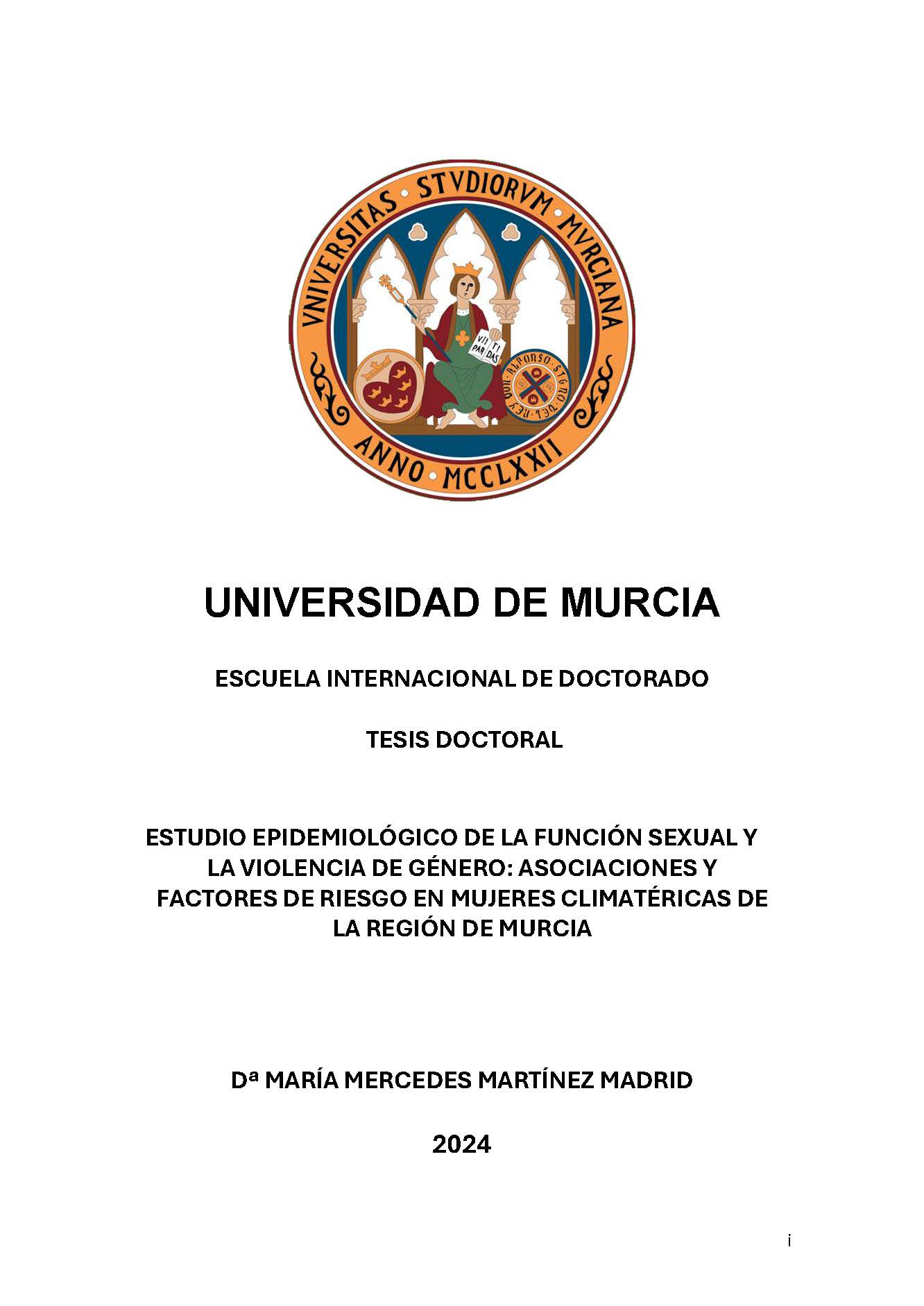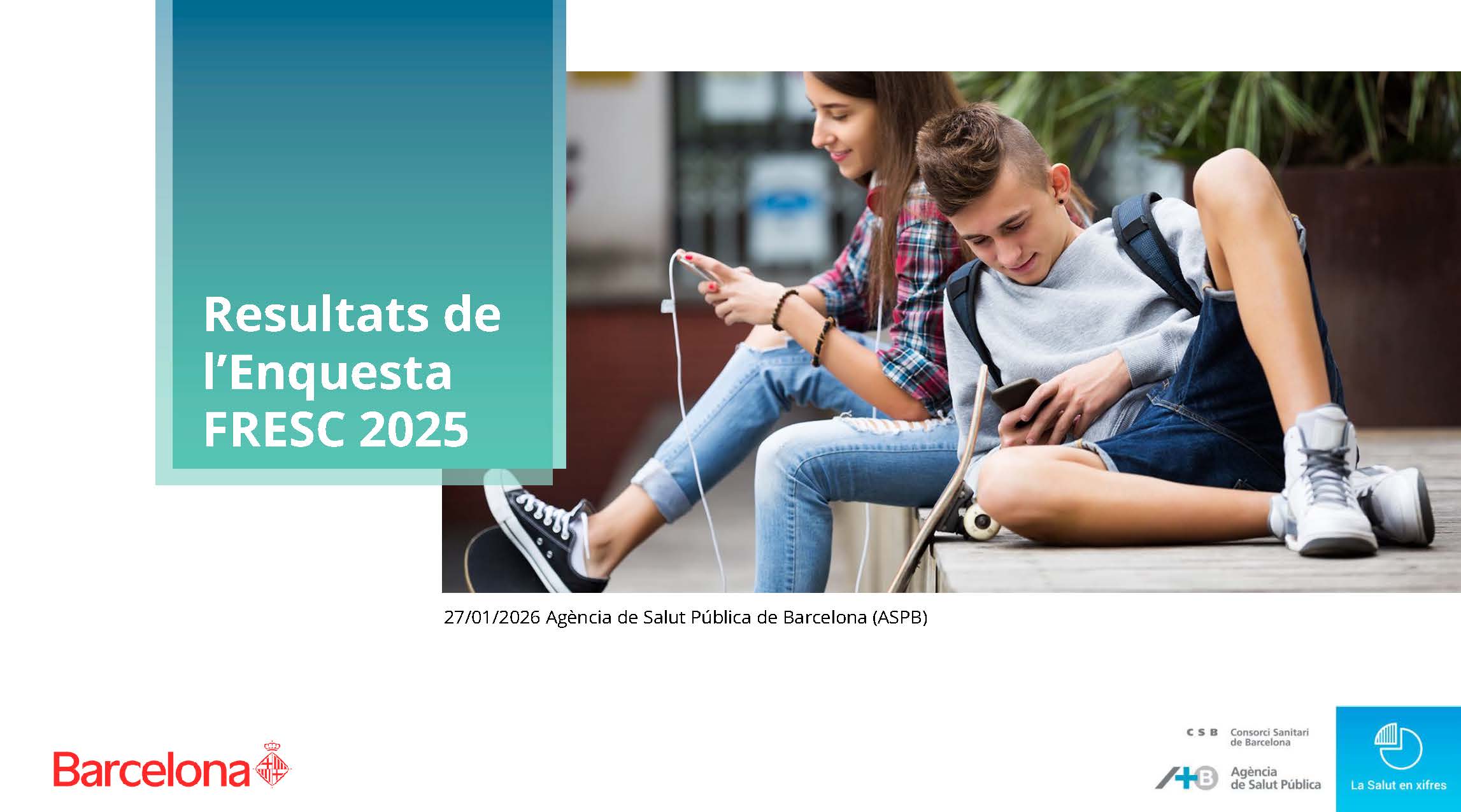Resumen
Background: Adolescent girls’ family context and psychological characteristics play important roles in their sexual
behavior, including the use of the emergency contraceptive pill (ECP). This study aims to (1) determine the prevalence
of ECP use among girls who have had sexual intercourse and (2) comparatively analyze their family and psychological
profiles according to whether they have used ECPs.
Methods: The sample of 1735 Spanish girls aged 15 to 18 came from a representative sample of the 2014 edition of
the Health Behaviour in School-aged Children (HBSC) study. Of this sample, 398 girls had sexual intercourse and
reported their ECP use. Data collection for the HBSC study was performed through an online questionnaire to which
adolescents responded anonymously in school. Data analyses were descriptive and bivariate and were performed with
the statistical program IBM SPSS Statistics 23.
Results: The results demonstrated that 30.65% of girls who had sexual intercourse used ECPs. Noticeable differences in
paternal knowledge and communication with the father were observed between girls who used the ECP at least once
and those who did not use it. In contrast, differences between girls who used the ECP once and those who used it
twice or more were pronounced with regard to parental knowledge, communication with parents, maternal affection,
life satisfaction, sense of coherence and depression.
Conclusions: This work demonstrates a high prevalence of ECP use and a more positive family and psychological
profile for girls who used ECP once compared with those who used it twice or more.






